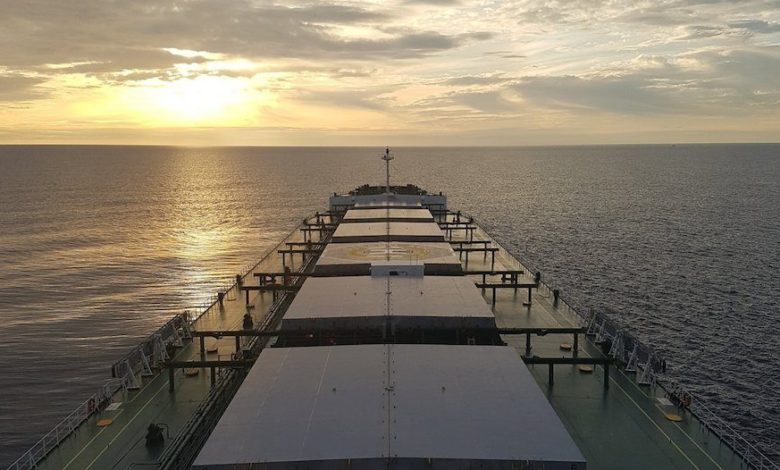Shipping urged to work with EU to develop new green framework

Rather than fighting regional environmental regulations, shipping ought to be at the centre, trying to shape them and influencing from the inside. That was one of the key messages emanating from this week’s virtual high level meeting at the Global Maritime Forum, an annual event that gathers some of the top names in shipping.
A carbon levy was widely discussed as a way of enabling shipping’s green transition at the forum this week. Many shipping executives attending the virtual gathering said they would prefer a carbon levy to apply globally, but also see opportunities to help design national and regional schemes in a way that encourages a global approach and raises funds to be used in accelerating shipping’s decarbonisation. The discussion was given greater urgency in the wake of the recent vote in the European Parliament to include shipping in the bloc’s emissions trading system (ETS), potentially leapfrogging the IMO in introducing stiff, prompt measures for the sector.
It’s not a question of whether the EU is making the ETS for shipping, it’s a question of how
“It’s not a question of whether the EU is making the ETS for shipping, it’s a question of how. We need to embrace that, engage in it, and maybe we could structure that mechanism so that it becomes a global one,” said Lasse Kristoffersen, President and Chief Executive Officer, Torvald Klaveness.
“As a parallel to pushing for a global levy through the IMO, we should lean in by showing active support and push for national and regional regulations,” added Chistian Ingerslev, CEO, Maersk Tankers.
A number of the shipowners attending the event also suggested pooling demand for green fuels, arguing that if the industry were to aggregate demand for zero emission fuels, this could encourage energy companies to invest in new fuel production facilities, and governments to support the development of the first large scale project.
“We should build a coalition of shipowners willing to sign a binding letter of intent conditional only to the price of green fuels to be the same as fossil fuels. That will show a substantial aggregated demand for green fuel infrastructure projects to be started as soon as possible as they will guarantee offtake when the projects are ready,” said Hugo de Stoop, CEO of Belgian tanker giant Euronav.
